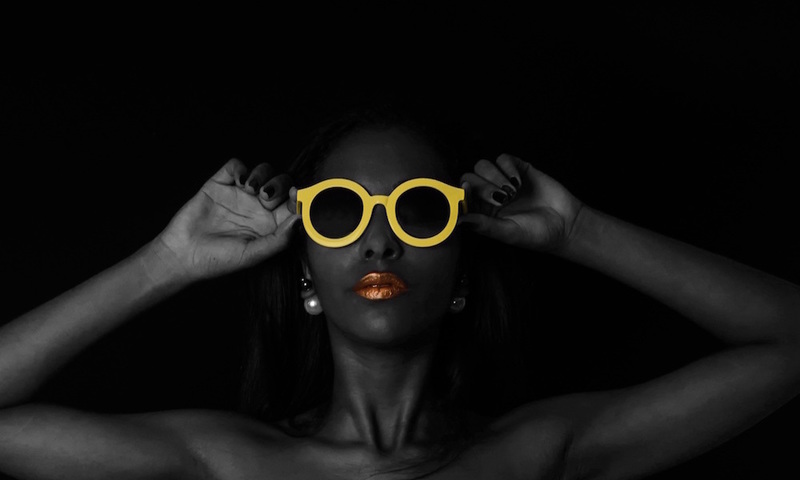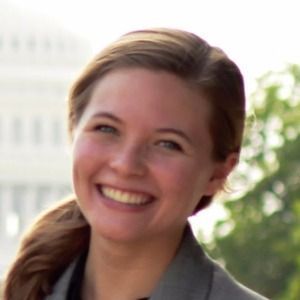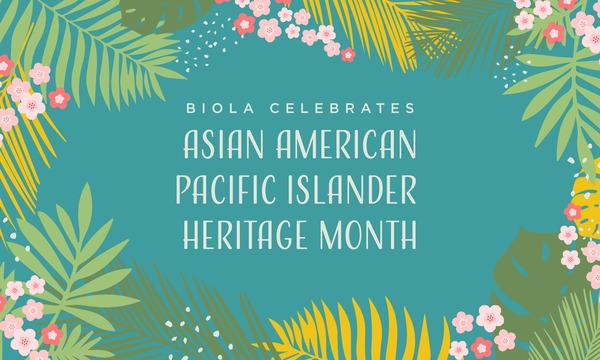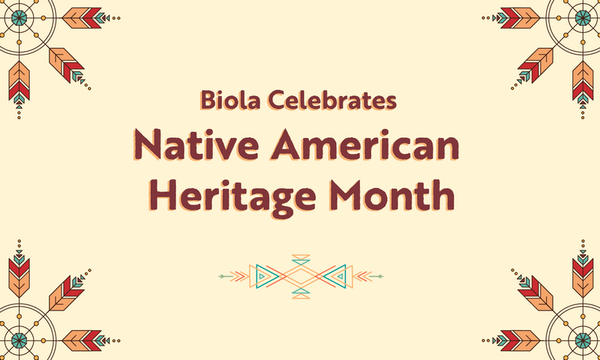As a way to continue the conversations in The Biola Hour, we've invited Sam Gassaway to blog her thoughts after each episode. This is a response to Episode 28: "Be a Good Girl", found here. Feel free to interact with Sam's thoughts in the comments below or on Twitter (@sgkay47).
When a culture loses its grasp on what constitutes “goodness,” loss of dignity and respect often follow.
Therefore, when a woman is told to be good—but there is no objective standard of what that means—we assume goodness is synonymous with obedience. This is the problem with gender relations in our modern worldwide context. Women are taught from a young age that being good means being still, quiet, small, beautiful, soft, smart (but not too smart) and pure (but only sexually).
The Biola Hour Sutherland stage was blessed this week by Sarah Schwartz, recent graduate of Talbot’s seminary with a master’s degree in theology and former undergraduate of Biola’s communications department. She spoke on a topic she has been passionate about for the majority of her adult life: the plight of women.
That is not to say she spoke strictly on the struggles and hardships of today’s women and the systemic oppression of minorities and the marginalized. That is also not to say she could not offer any solutions to said problems and instead resorted to ranting about her own experiences and education.
She did not pretend women’s issues only meant white women’s issues and reject the fact that women of color have systemic hardships and oppression beyond what many of us would like to believe.
No, what she did was offer an incredibly articulate, genuine and humble perspective on what we can do to make all of that mess better.
When Mike Ahn asked her about the F-word, he inquired about her history with feminism, what the term meant to her and how she defended rampant attacks against it in the church.
Her response was one of respect and humility—we need to ask for a quick definition of terms before we begin to verbally spar. What do you mean by “feminism?” What do you mean by “equality?” How are you approaching scripture in this conversation? Are we looking at this through the same lens?
I am likely not the only woman who has been attacked for her faith due to its occasional misogynistic connotations. I am not the only woman expected to have a deeper understanding of the topic to be respected and heard at all. I have had dear friends admit to a lower level of understanding on gender issues in scripture and expect to speak into the conversation with the same weight and influence.
A woman would never get away with that in the church today. If I approached a male pastor whose Ph.D. dissertation was inaugurated eschatology and began arguing a contradictory perspective of which I knew little in comparison, my points would not be justified or respected—and rightly so.
So why are women required to understand and articulate our place in scriptural leadership better than the men attempting to tell us we do not have one?
When we silence women’s voices, we miss out on the perspectives and insights on which only the female experience can articulate. We lose the profound and beautiful truths portrayed through half of God’s image. God’s maternal nature: God’s birthing of a new nation through the suffering of the old. Jesus’ caring protection: like a hen taking the lost ones of Israel under his wing.
I am not sorry to say that men simply cannot understand birth or motherhood the way women can, among many other perspectives not having to do with childbearing. So how can we relate and understand as much of God as he has revealed to us if we refuse to listen to anything but his masculine nature?
We are disabled, church. We are just learning to stumble forward with both legs and crutches—yet we pretend we can run. We have a crippling lack of female and racial minority voices, and it has fostered a nigh-insurmountable language barrier between us and the culture into which we have been called to speak.
As Schwartz so wonderfully and articulately said: diversity is an intentional gift from God, and it is not about political correctness. Diversity and inclusion is about living out the kingdom of the multi-faceted God whom we serve.
 Biola University
Biola University




.jpg)